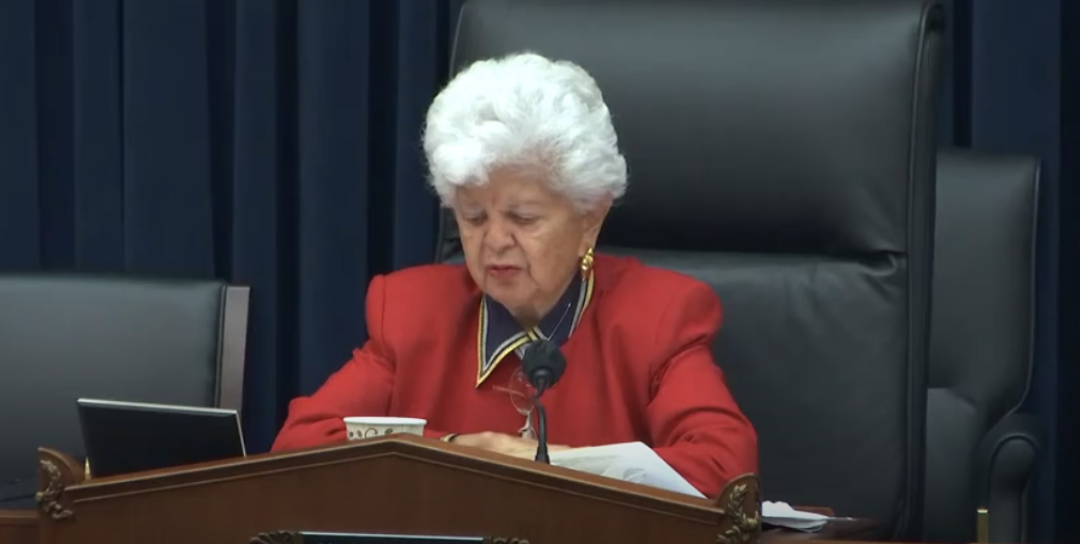WASHINGTON—Experts recommended to lawmakers on Wednesday that the federal government adopt a proactive approach to monitoring and treating emerging environmental contaminants in water supplies used for consumption and leisure.
Elizabeth Southerland, the former director of Science and Technology for the EPA’s Office of Water, told the House subcommittee on Water, Resources and Environment that the system in place to monitor and address environmental contaminants like PFAS in the water supply is “fully reactive.”
“We have to have some horrifying crisis…something that would cause you to then finally monitor and check for where there could be pollutants that you weren’t previously aware of that could be causing this public health or environmental crisis,” Southerland said.
PFAS comprise a group of 4,700 human-made chemicals found in certain food products, exposed drinking water and household products, including cleaners, pharmaceuticals and personal care products.
“Pretty much everyone in the U.S. has PFAS in their bodies,” said Katie Huffling, the executive director for the Alliance of Nurses for a Healthy Environment.
The so-called “forever chemicals” do not break down and will build up in the human body over time, potentially leading to negative health effects.
One possible ramification? Exposure to high levels of PFAS may affect the immune system and reduce vaccine efficacy, impacting a person’s risk for COVID-19, according to the Agency for Toxic Substances and Disease Registry and the Centers for Disease Control and Prevention.
Human and animal research released in the last decade have found that PFAS exposure “may reduce antibody responses to vaccines and may reduce infectious disease resistance,” according to ATSDR and CDC.
However, both agencies acknowledge the need for more research to determine the impact of PFAS exposure on COVID-19 infections.

